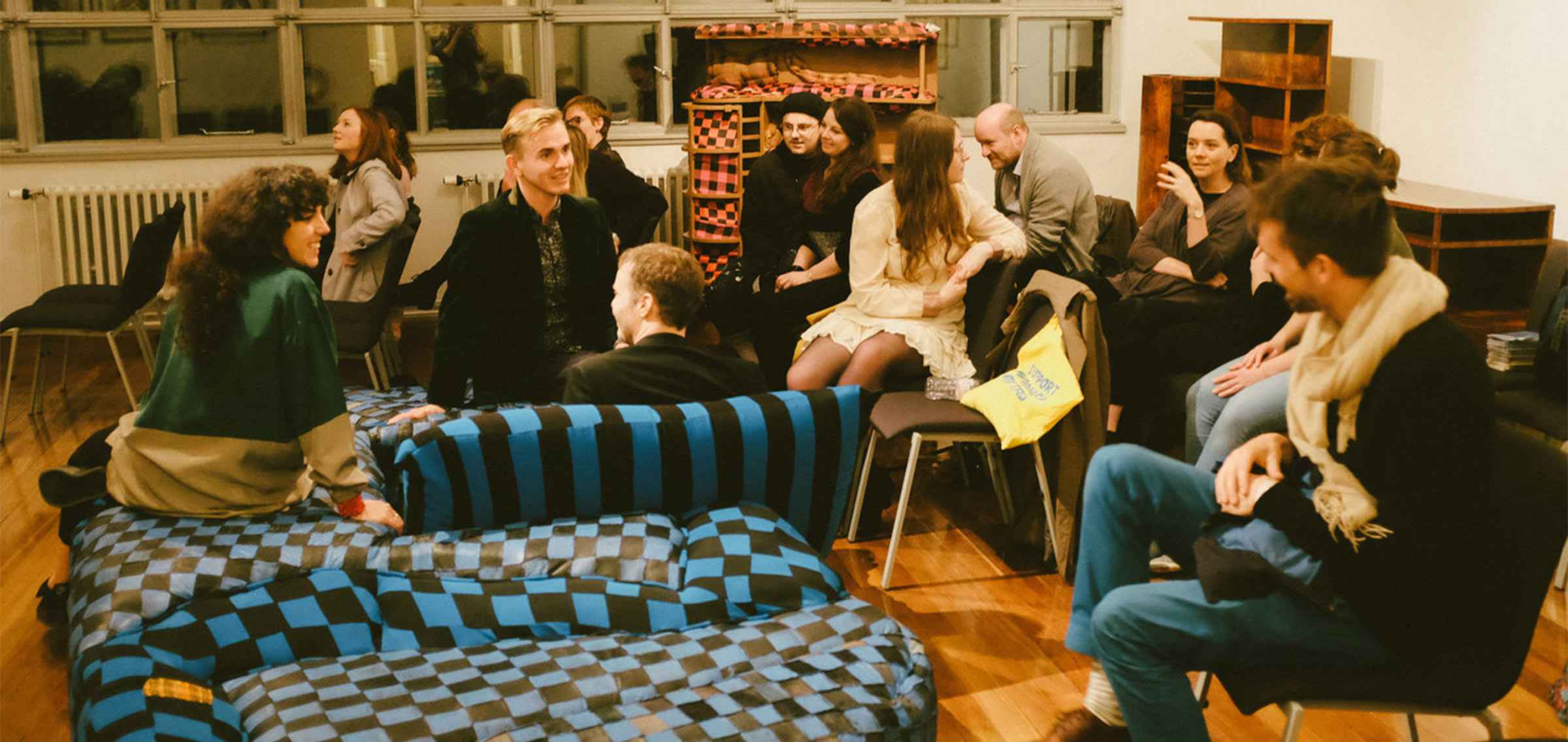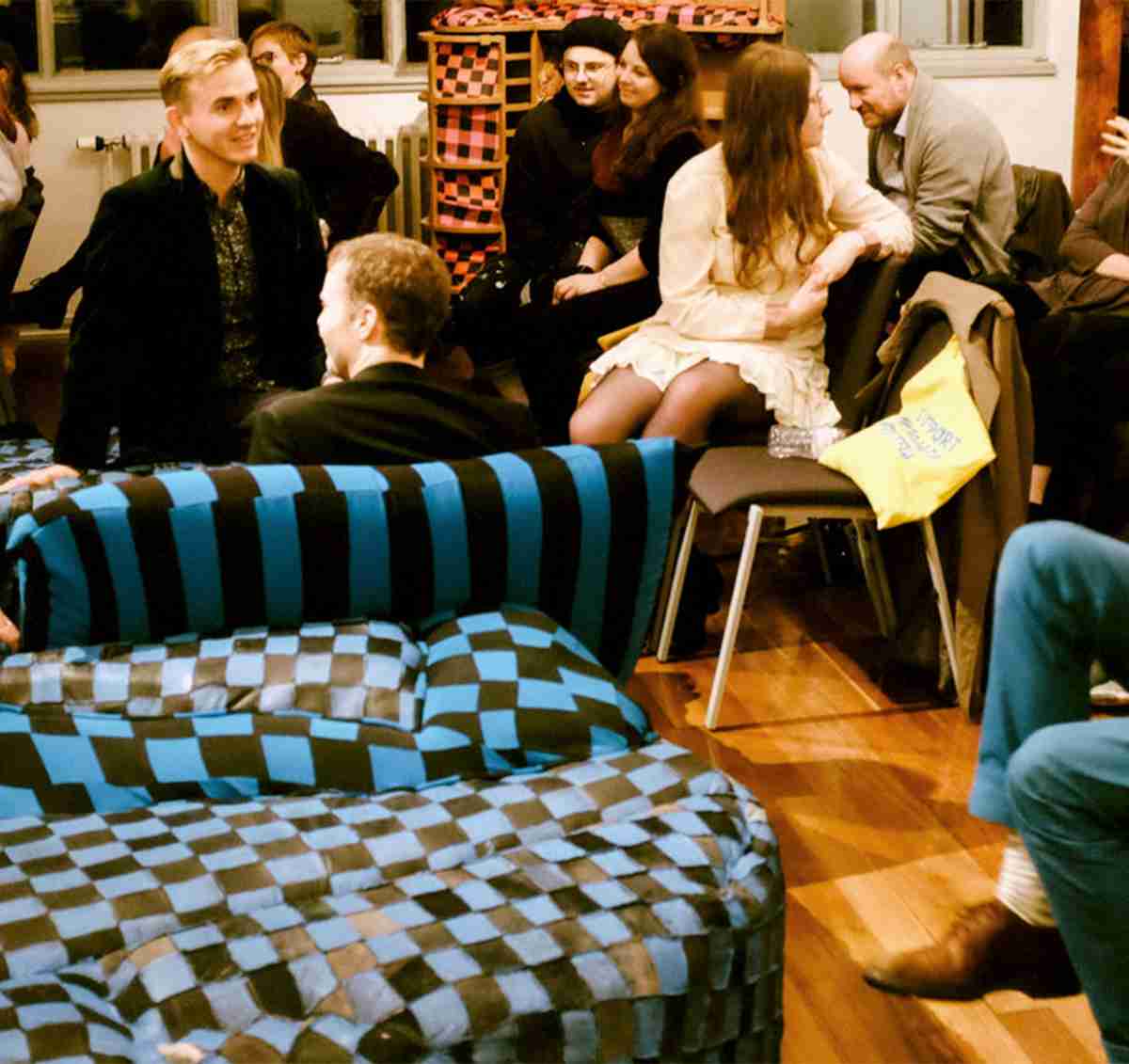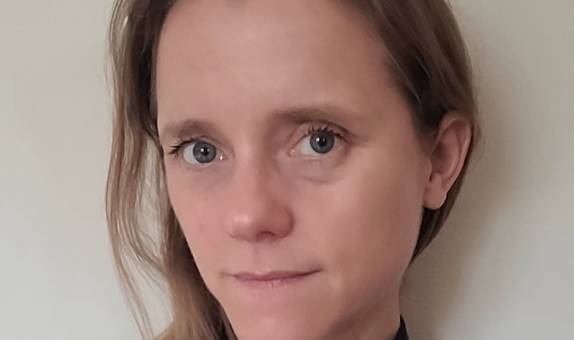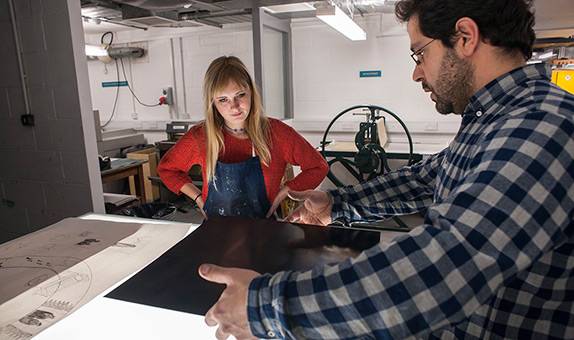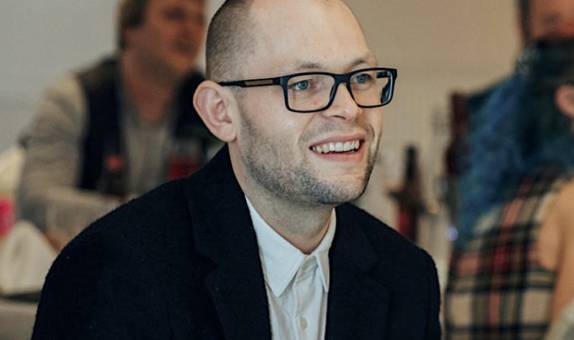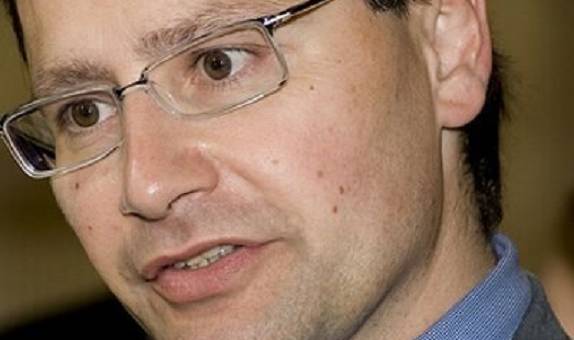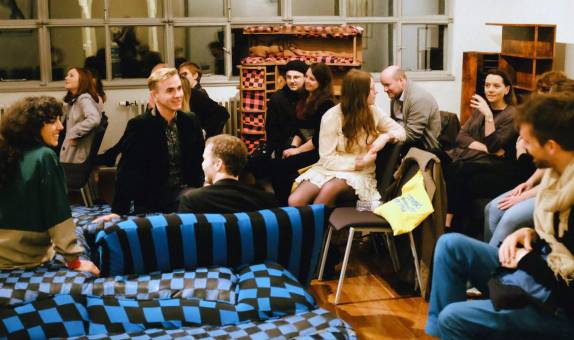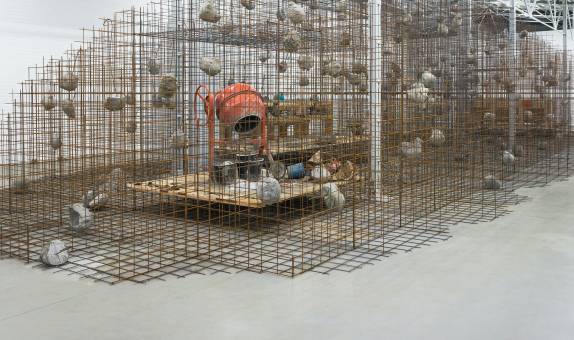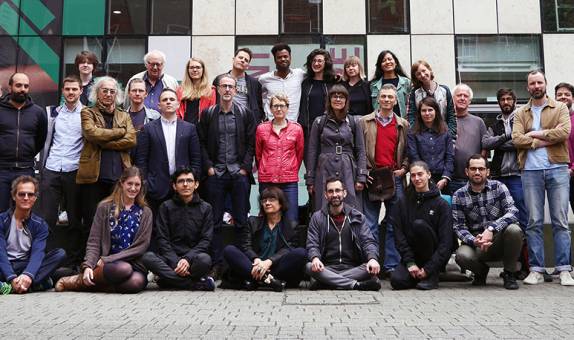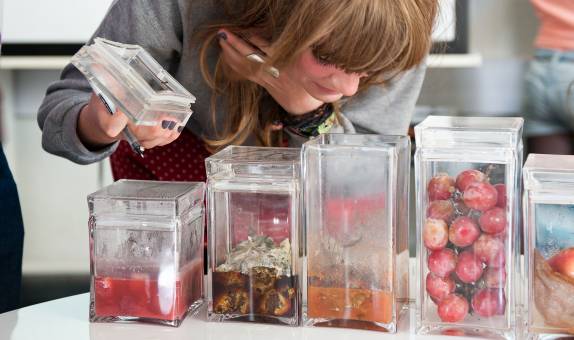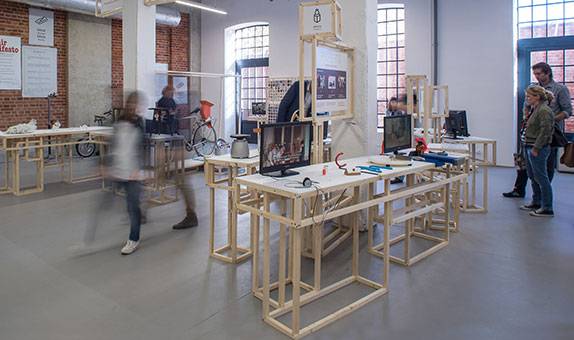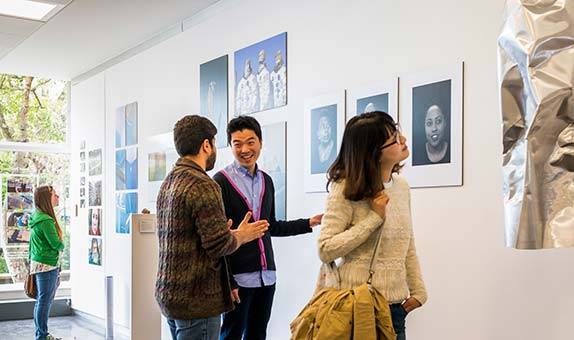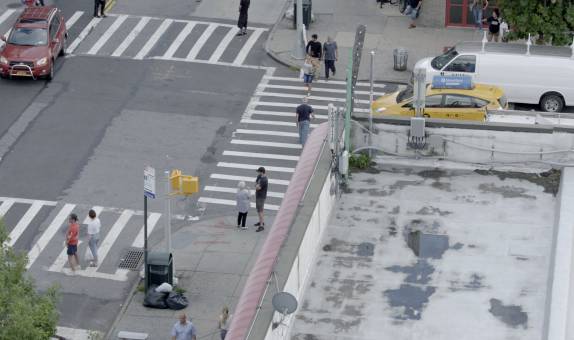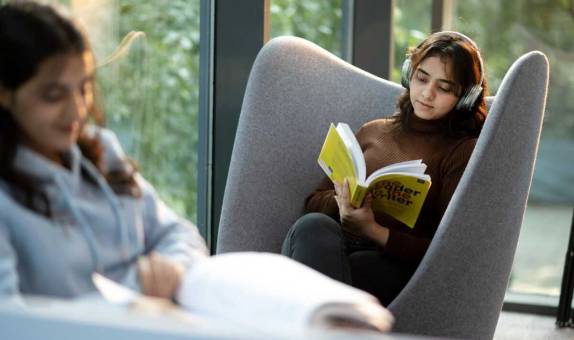Kingston Charity Research Network Project
Welcome
The Kingston Charity Research Network Project is a community of practice that bridges Kingston University with local social enterprises and small businesses. The Project has the mutually beneficial aims of developing inter-organisational and interdisciplinary research relationships, of sharing stories about effective funding applications, and of developing skills for writing bids.
About the Kingston Charity Research Network Project
The Kingston Charity Research Network began by generating a toolkit, focused on bid writing, professional communication and communities of practice, whose knowledge could be disseminated both inside and outside the University. Following the format of a community of practice, it enabled the creation of University-community partnerships. These encourage collaborative, mutually beneficial projects between academics or students at Kingston University and groups in local government, third sector organisations and SMEs.
Such expansions of the research and business culture at Kingston University, particularly in the context of bid writing, enable the development of new routes for research, collaboration and knowledge exchange with local entities in the Kingston Borough and beyond. Centred around core workplace skills-provision and around developing connections with the local community, the project feeds directly into Kingston University's Town House Strategy and Future Skills agenda.
To take part in this community and/or to hear about any future events we run, join our LinkedIn group.
To find out more about the formation and future of this project, click on the items below.
Our partners
The original stakeholder consultations and network building events in 2022 were organised in collaboration with Kingston Voluntary Action (KVA), an umbrella organisation that represents and supports dozens of local charities, CICs and community groups and representatives from the Royal Borough of Kingston upon Thames. KVA offers a comprehensive wrap-around service to charities and community groups that includes advice, guidance, training, networking, representation and brokerage. They aim to support, advise and develop voluntary organisations and community groups through the provision of information, advice and services. They review existing provision, identify unmet need, then initiate new projects and development to meet these needs. They also undertake a co-ordinating function within the voluntary sector and between the voluntary, statutory sectors and other partners. Kingston Voluntary Action includes the projects Superhighways, Connected Kingston, and Kingston Eco-op.
The Kingston Charity Research Network has also contributed to events run by BIG South London, an organisation that enables start-ups and established businesses, as well as charities and third-sector organisations, to grow in South London. They offer a range of free support programs and industry networks as well as funding opportunities. This organisation was originally created by the South London Partnership – a collaboration of five London boroughs including Croydon, Kingston upon Thames, Merton, Richmond upon Thames and Sutton – out of a recognition that business in the region needed a post-pandemic boost to reignite growth.
Within Kingston University, we have also collaborated with the Partnerships and Business Engagement team, particularly with Bernett Thornes. She is one of the members of staff in the Kingston School of Art who helps to run the Creative Industries Network, one of the collaboration, innovation and knowledge-exchange initiatives launched as part of BIG South London.
If you are interested in contacting any of these organisations, follow the links listed in the next section.
Contact information
For further information about the project and how you might contribute to it, contact:
- Kate Scott, Associate Professor
Email: Kate.Scott@kingston.ac.uk - Meg Jensen, Professor
Email: Meg.Jensen@kingston.ac.uk
For more information about events organised for local voluntary organisations and local businesses, contact:
- Kingston Voluntary Association
Website: https://kva.org.uk - BIG South London
Website: https://big-knowledge.co.uk - Kingston University Partnerships and Business Engagement Team
Website: https://www.kingston.ac.uk/services-for-business/meet-the-team/ - Creative Industries Network
Website: https://big-knowledge.co.uk/networks/creative-industries-network/
People
Dr Kate Scott
School Director Research & Enterprise
Dr Meg Jensen
Professor in English Literature and Creative Writing
Dr Peter Ely
Lecturer
Dr Daniel Read
Hourly-paid Lecturer and Part-time Research Assistant
Brian Brivati
Visiting Lecturer
